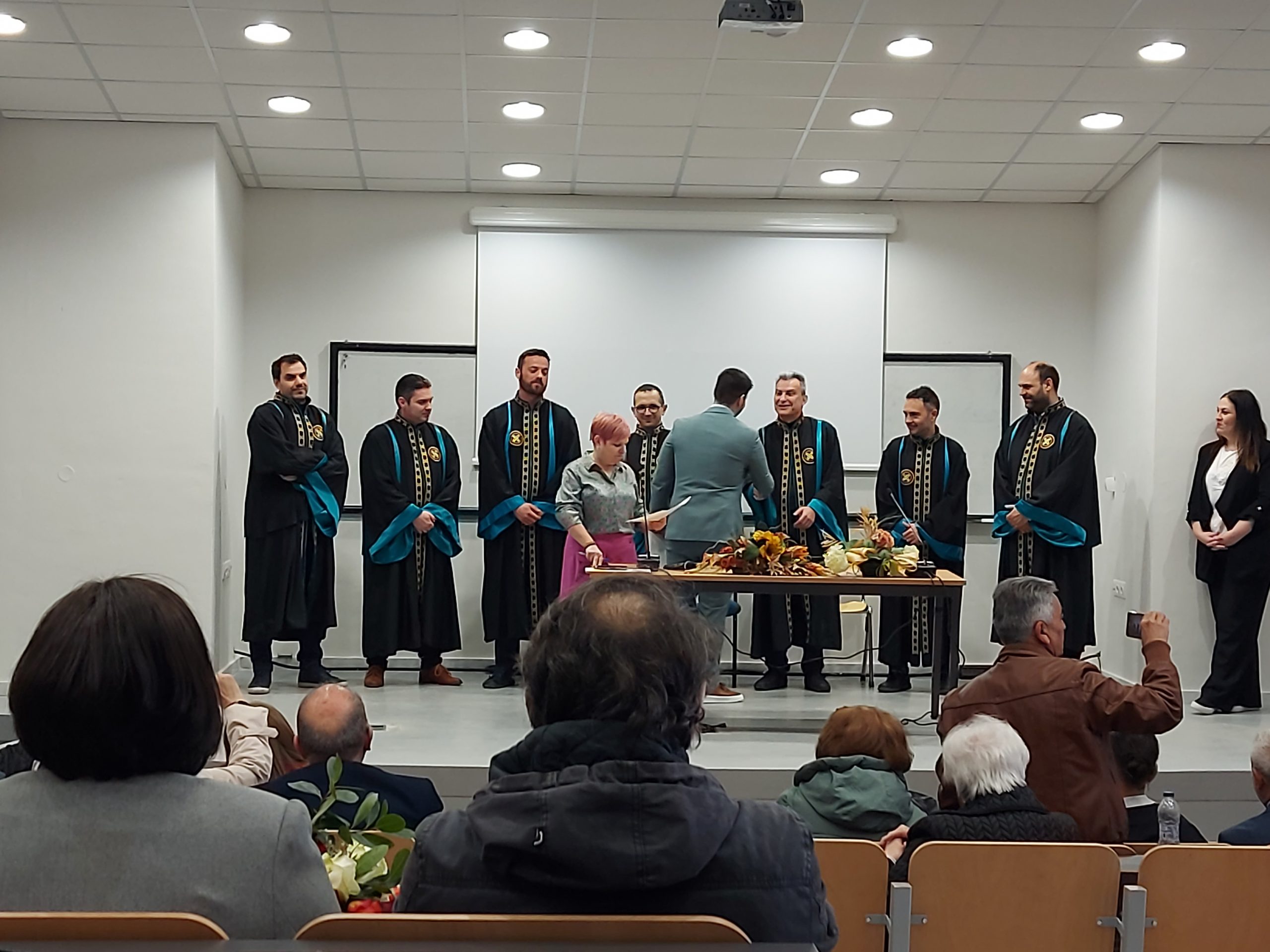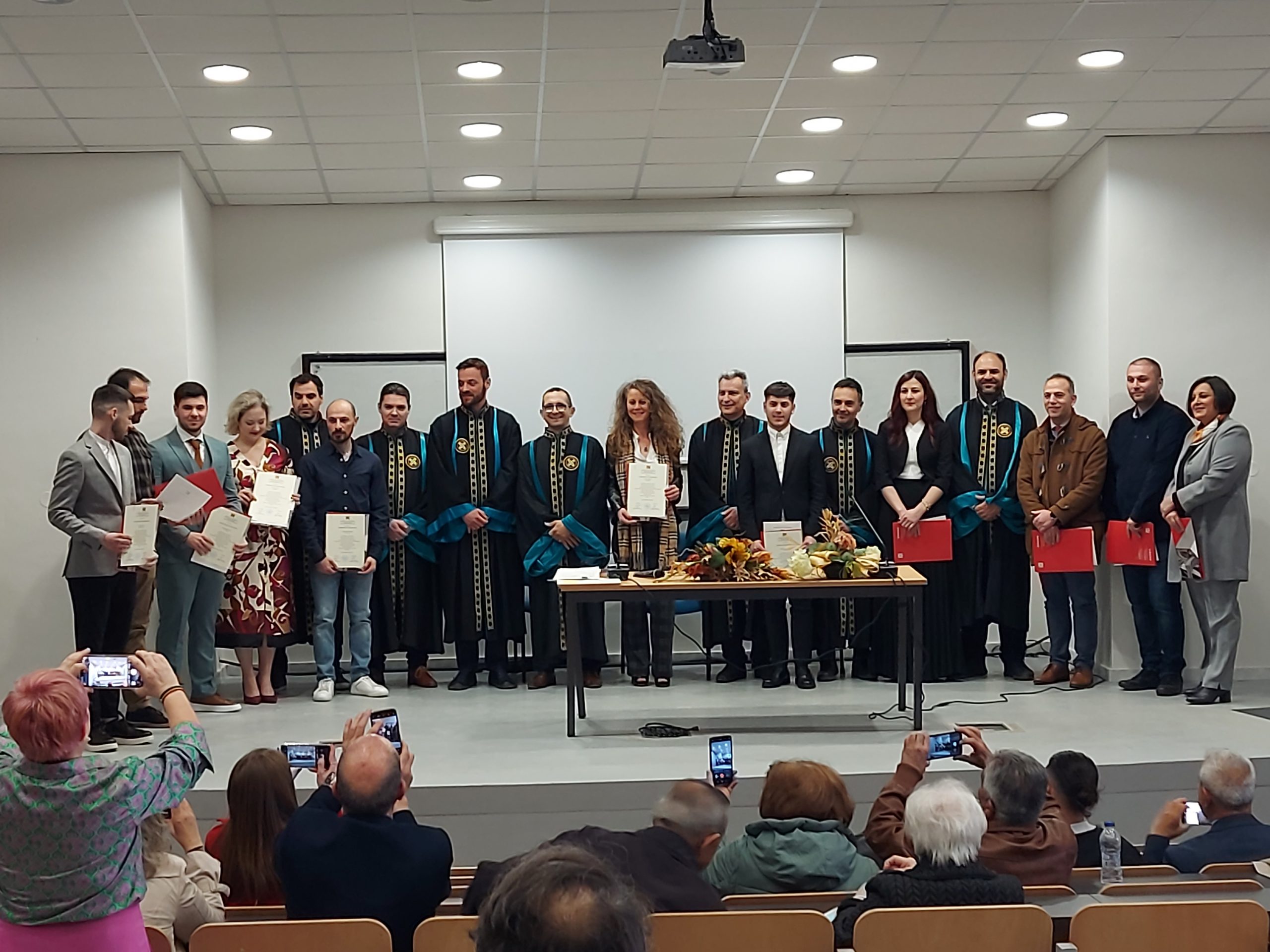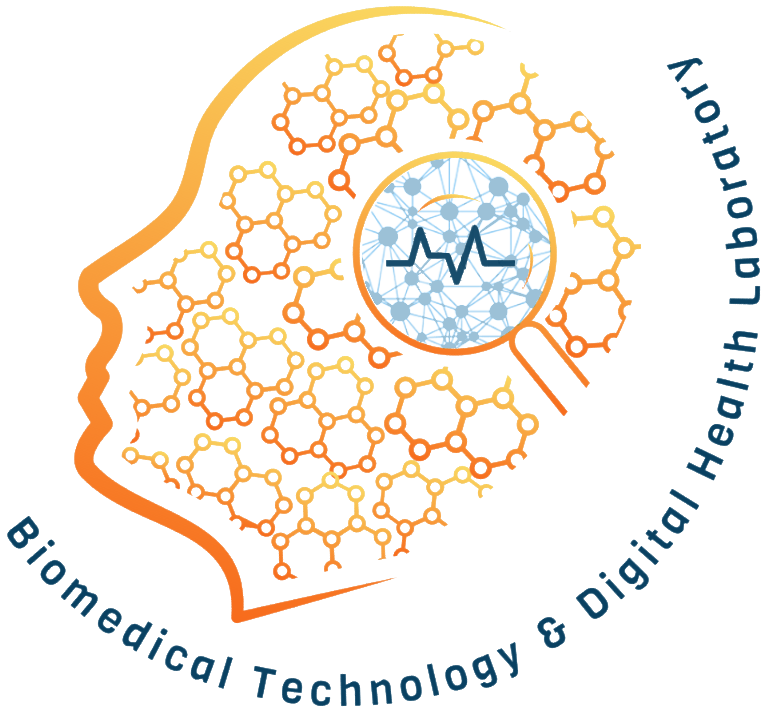Στην πρόσφατη ορκωμοσία του μεταπτυχιακού προγράμματος “Βιοιατρική Μηχανική” του Πανεπιστημίου Δυτικής Μακεδονίας, το εργαστήριο “Βιοϊατρικής Τεχνολογίας και Ψηφιακής Υγείας” είχε έντονη παρουσία μέσω των καταξιωμένων μελών του. Ο διευθυντής του εργαστηρίου, Καθηγητής Παντελής Αγγελίδης, μαζί με τον Αναπληρωτή καθηγητή Μάρκο Τσίπουρα, οι οποίοι διδάσκουν στο πρόγραμμα, παρέστησαν για να τιμήσουν τους απόφοιτους που ολοκλήρωσαν με επιτυχία την πορεία τους στη βιοϊατρική μηχανική.
Η τελετή απονομής των πτυχίων ήταν ένας λαμπρός εορτασμός για την ακαδημαϊκή επιτυχία και την αφοσίωση των φοιτητών, με τους καθηγητές να παρέχουν εμπνευσμένες ομιλίες και να συμβουλεύουν τους νέους επαγγελματίες για την επόμενη φάση της καριέρας τους. Με καμάρι και αισιοδοξία, το εργαστήριο αποχαιρετά τους νέους αποφοίτους, ευχόμενο τους μια λαμπρή και παραγωγική επαγγελματική διαδρομή.


Abstract:
Artificial Intelligence (AI) in medical applications holds great promise. However, the use of Machine Learning based (ML) systems in clinical practice is still minimal. It is uniquely difficult to introduce clinician-facing ML-based systems in practice, which has been recognised in HCI and related fields. Recent publications have begun to address the sociotechnical challenges of designing, developing, and successfully deploying clinician facing ML-based systems. We will discuss the question: “How can HCI researchers and practitioners contribute to the successful realisation of ML in medical practice?” The main items to be discussed are: (1) an overview of the technical aspects of ML innovation and their consequences for HCI researchers and practitioners; (2) a description of the different roles that ML-based systems can take in clinical settings; (3) a conceptualization of the main activities of medical ML innovation processes; (4) identification of five sociotechnical interdependencies that emerge from medical ML innovation; and (5) implications for HCI researchers and practitioners on how to mitigate the sociotechnical challenges of medical ML innovation.
Biography:
Tariq Osman Andersen is Associate Professor of Health Informatics at the Department of Computer Science, University of Copenhagen. His research focuses on AI in digital health and explores how co-design and sociotechnical evaluation can support realising machine learning based systems in healthcare. Tariq’s main research fields are Human-Computer Interaction and Health Informatics. Among other things, Tariq has contributed to understanding patient experience with self-care technologies, distributed patient-clinical collaboration and clinical decision making using AI.
Tariq has experience from being PI and co-PI on several national and international R&D projects. Here, Tariq has been the main driver of establishing and maintaining a Living Lab with more than 300 pacemaker patients at Copenhagen University Hospital. This work has led to the co-founding of a digital health spinout, Vital Beats ApS. Tariq is currently bringing his experience into R&D collaborations with several start-ups to support design and transition of machine learning based applications into real world clinical practice including radiology, cardiology and dermatology.
